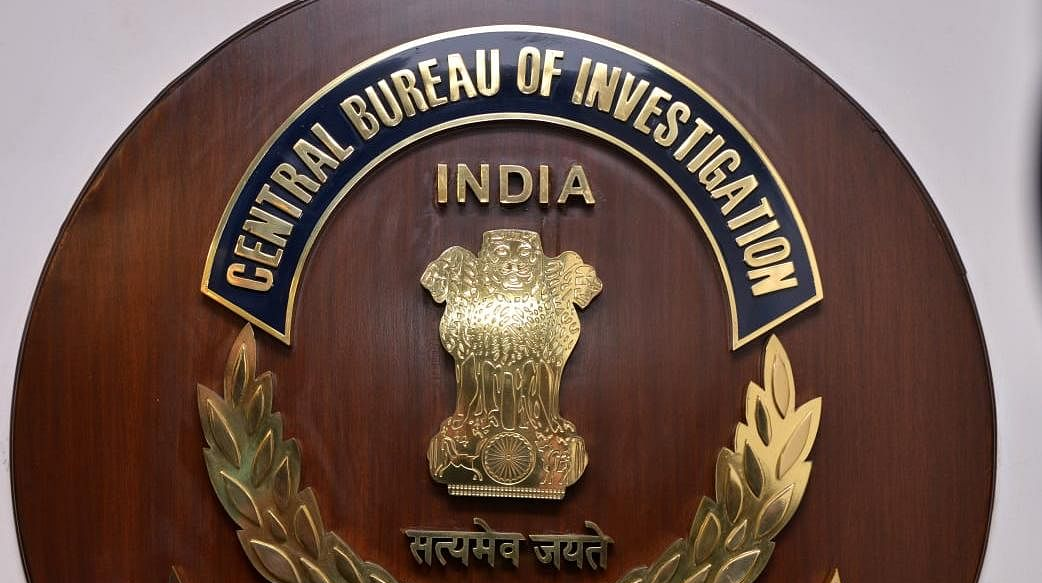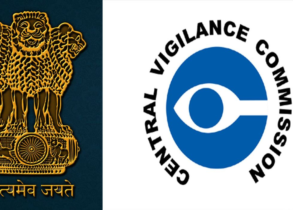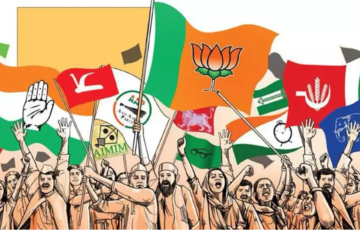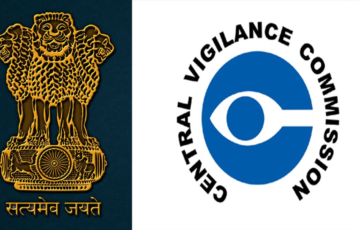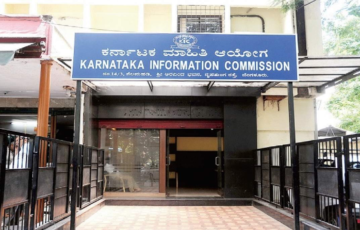CENTRAL BUREAU OF INVESTIGATION
Introduction
- The Central Bureau of Investigation (CBI) is the premier investigating police agency in India.
- It is a multi-faceted and multi-disciplinary agency with a mandate to investigate cases of corruption, economic offenses, and other serious crimes.
- The CBI also provides leadership and direction in fighting corruption to the police force across the country.
- The Santhanam Committee on Prevention of Corruption (1962–1964) recommended the creation of the CBI.
Historical Background:
- The CBI was founded in 1941 as the SPE to investigate corruption in war-related procurements.
- The CBI is not a statutory body, but it has investigative powers under the Delhi Special Police Establishment Act of 1946.
- The establishment of the CBI was recommended by the Santhanam Committee on Prevention of Corruption in 1963.
- The CBI was formally established in 1963 with a mandate to investigate serious crimes related to the defense of India, corruption in high places, economic offences, and social crime.
Role and functions:
- Anti-corruption crimes: The CBI investigates cases of bribery and corruption against public officials and employees of the central government, public sector undertakings, and government-controlled corporations and bodies.
- Economic crimes: The CBI investigates major financial scams and economic frauds, such as counterfeiting of Indian currency, bank fraud, cybercrime, import-export and foreign exchange violations, large-scale smuggling of narcotics, antiques, and cultural property, and smuggling of other contraband items.
- Special crimes: The CBI investigates serious and organized crime under the Indian Penal Code and other laws at the request of state governments or on the orders of the Supreme Court or high courts. This includes cases of terrorism, bomb blasts, kidnapping for ransom, and crimes committed by the mafia and underworld.
- Suo moto cases: The CBI can suo moto (on its own initiative) investigate offenses only in union territories. The central government can authorize the CBI to investigate a crime in a state, but only with the consent of the state government. However, the Supreme Court and high courts can order the CBI to investigate a crime anywhere in the country without the consent of the state government.
Challenges
The Central Bureau of Investigation (CBI) faces a number of challenges, including:
- Political interference: The CBI has often been criticized for being subject to political interference. This can make it difficult for the agency to investigate cases involving powerful politicians and bureaucrats.
- Lack of resources: The CBI is understaffed and underfunded. This can make it difficult for the agency to effectively investigate complex cases.
- Delays: The CBI is known for its slow pace of investigations. This can lead to frustration among victims and the public.
- Conviction rate: The CBI has a relatively low conviction rate. This can be attributed to a number of factors, including political interference, lack of resources, and delays.
- Public perception: The CBI’s public image has been tarnished by allegations of corruption and inefficiency. This can make it difficult for the agency to attract and retain talented officers.
The CBI is taking some steps to address these challenges. For example, the agency has created a new unit to investigate corruption within its own ranks. The CBI is also working to improve its efficiency and conviction rate. However, more needs to be done to ensure that the CBI is able to function independently and effectively.
Reforms
- In 2015, the Supreme Court of India called the CBI a “caged parrot” speaking in the master’s voice, due to excessive political interference in its functioning.
- The CBI has been criticized for its handling of the 2G spectrum scam case, which has dragged on for over a decade.
- The CBI has a low conviction rate, with only about 30% of cases resulting in convictions.
- The CBI has been accused of corruption and inefficiency in its own ranks.
There have been a number of calls for reform of the Central Bureau of Investigation (CBI) in recent years. Some of the key reforms that have been proposed include:
- Increasing the independence of the CBI: The CBI should be made more independent of political interference. This could be done by giving the CBI a fixed tenure for its director and by giving the agency more autonomy in setting its own budget and priorities.
- Improving the quality of CBI investigations: The CBI should invest more in training and resources for its investigators. The agency should also adopt more modern investigative techniques.
- Improving the conviction rate of the CBI: The CBI should work to improve its conviction rate by strengthening its prosecution capabilities and by streamlining its investigation process.
- Restoring public trust in the CBI: The CBI should take steps to restore public trust in the agency. This could be done by being more transparent about its investigations and by holding its officers accountable for their actions.
Measures to suggest the effectiveness of CBI
- Establish an independent oversight body: An independent oversight body could be established to monitor the CBI’s performance and to investigate any allegations of misconduct.
- Give the CBI more power to investigate cases: The CBI should be given more power to investigate cases, including the power to conduct searches and seizures without a warrant.
- Increase the salaries and benefits of CBI officers: This would help to attract and retain talented officers.
- Provide the CBI with more resources: The CBI needs to be adequately funded to carry out its mandate. This includes providing the agency with more staff, training, and equipment.
The CBI is a vital institution in Indian democracy. It plays a key role in upholding the rule of law and protecting the public from corruption and organized crime. However, the agency needs to be reformed to address its challenges and to restore public trust.
Concept of General Consent
- The issue of general consent to the CBI refers to the power of state governments to allow or deny the Central Bureau of Investigation (CBI) the authority to investigate cases within their jurisdiction. Under the Delhi Special Police Establishment Act, 1946, the CBI requires the consent of the state government concerned before beginning to investigate a crime in a state. This consent can be either case-specific or general.
- General consent is a blanket permission given by a state government to the CBI to investigate any case within its territory without having to seek specific permission on a case-by-case basis. This is done to facilitate the seamless investigation of cases of corruption against central government employees in their states.
- However, in recent years, there has been a growing trend of state governments withdrawing their general consent to the CBI. This has been seen as a way for state governments to shield themselves and their officials from CBI investigations.
Arguments in Favor
- One of the main arguments in favor of general consent is that it allows the CBI to investigate cases more efficiently and effectively. Without general consent, the CBI has to go through the process of seeking permission from the state government on a case-by-case basis, which can lead to delays and bureaucratic hurdles.
- Another argument in favor of general consent is that it helps to ensure that the CBI is able to investigate cases impartially and without fear of political interference. When the CBI has to seek permission from the state government to investigate a case, it can be susceptible to pressure from the state government to drop or water down the investigation.
Arguments Against General Consent
- One of the main concerns is that it can be misused by the central government to target political opponents. When the central government controls the CBI, it can use the agency to harass and intimidate state governments that are opposed to it.
- Another concern is that general consent can lead to the CBI overstepping its jurisdiction and interfering in the functioning of state governments. For example, the CBI has been accused of investigating cases that are primarily state matters, such as law and order issues.
Overall, the issue of general consent to the CBI is a complex one with strong arguments on both sides. It is important to balance the need for an effective and independent CBI with the need to protect the autonomy of state governments.
As of October 2023, eight states have withdrawn their general consent to the CBI:
|
Implications of Withdrawing General Consent
- When a state withdraws its general consent to the CBI, the CBI will not be able to register any fresh case involving central government officials or private persons in that state without prior permission of that state government. However, the CBI can continue to investigate cases in a state registered prior to the withdrawal of general consent.
The withdrawal of general consent can have a significant impact on the CBI’s ability to investigate cases in that state. It can lead to delays, bureaucratic hurdles, and political interference. In some cases, it may even prevent the CBI from investigating cases at all.

